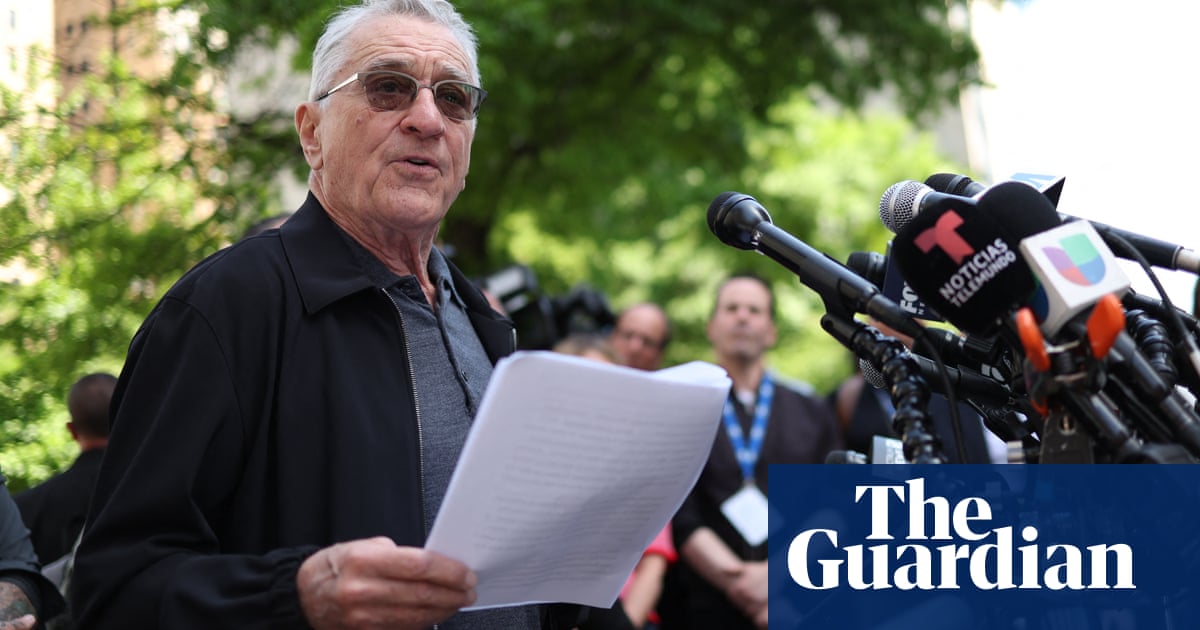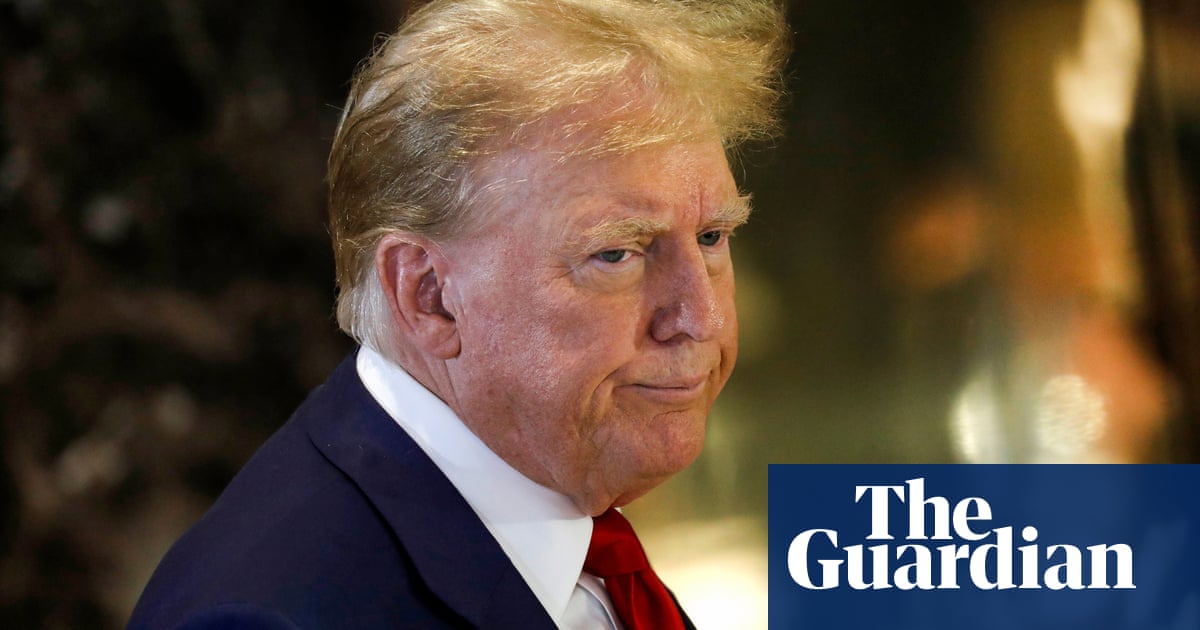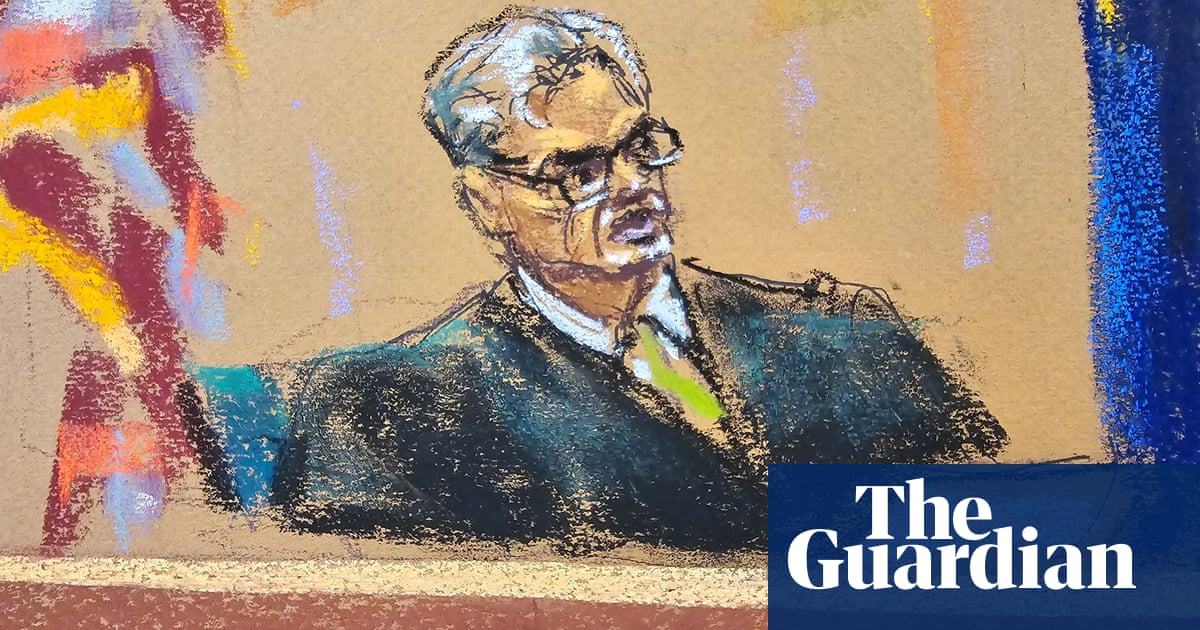Scientists have developed a spit test that could “turn the tide” on prostate cancer worldwide by spotting the disease earlier, detecting where men are at high risk and sparing others unnecessary treatment.
The number of men diagnosed with prostate cancer worldwide is projected to double to 2.9 million a year by 2040, with annual deaths predicted to rise by 85%. It is already the most common form of male cancer in more than 100 countries.
Early diagnosis is crucial but experts say the current standard PSA blood tests can miss men who do have cancer and also cause others to go through needless treatment or pointless further checks and scans.
Now researchers from the Institute of Cancer Research, London (ICR) and the Royal Marsden NHS foundation trust appear to have found a better alternative.
A study shows their new saliva test, which involves a DNA sample being collected in seconds, is more accurate than the current standard blood test. The findings are being presented this weekend at the world’s largest cancer conference.
“With this test it could be possible to turn the tide on prostate cancer,” said Ros Eeles, a professor of oncogenetics at the ICR. “We have shown that a simple, cheap spit test to identify men at higher risk due to their genetic makeup is an effective tool to catch the cancer early.”
Speaking at the annual meeting of the American Society of Clinical Oncology (ASCO) in Chicago, Eeles said the breakthrough came after decades of research into the genetic markers of the disease.
“Our study shows that the theory does work in practice – we can identify men at risk of aggressive cancers who need further tests, and spare the men who are at lower risk from unnecessary treatments.”
Scientists and doctors developed the spit test after studying the DNA of hundreds of thousands of men. It works by looking for genetic signals in the saliva that are linked to prostate cancer.
In the Barcode 1 trial, researchers recruited more than 6,000 European men to trial the spit test. All were recruited from their GP surgeries and were aged between 55 and 69 – an age at which the risk of prostate cancer is increased.
Once the saliva had been collected, the test calculated the polygenic risk score (PRS) of each of the men. The score is based on 130 genetic variations in DNA code that are linked to prostate cancer.
In those with the highest genetic risk, the test returned fewer false positives than the PSA test, picked up people with cancer who would have been missed by the PSA test alone, and picked up a higher proportion of the aggressive cancers than the PSA test, the ICR said.
The test also accurately identified men with prostate cancer that had been missed by an MRI scan.
Dheeresh Turnbull, 71, from Brighton, was one of the first men in the world to try the spit test, and discovered he had prostate cancer when he got the results.
He said: “I was completely shocked when I received my diagnosis as I had absolutely no symptoms at all, so I know I would never have been diagnosed at this stage if I hadn’t joined the trial.”
Turnbull underwent robotic surgery to remove part of his prostate and is doing well.
He said: “Because the saliva test revealed that I had a high genetic risk of developing the disease, my younger brother, who would have been too young to join the study directly, signed up and discovered that he also had an aggressive tumour in the prostate. It’s incredible to think that because of this study two lives have now been saved in my family.”
Eeles, a consultant in clinical oncology and cancer genetics at the Royal Marsden NHS foundation trust, cautioned that further research would be required before the test could be rolled out widely.
“Our next step will be for us to test the genetic markers we have identified that are associated with a risk of prostate cancer in diverse populations, to ensure this test can benefit all men.”
Ageing populations and increasing life expectancy mean the number of older men worldwide who are living for longer is rising. As the main risk factors for prostate cancer – such as being 50 or older and having a family history of the disease – are unavoidable, experts believe it will be impossible to prevent the surge in cases simply via lifestyle changes or public health interventions.
However, better testing and earlier diagnosis could help reduce the burden and save lives.
“Cancers that are picked up early are much more likely to be curable,” said Prof Kristian Helin, the chief executive of the ICR. “And with prostate cancer cases set to double by 2040, we must have a programme in place to diagnose the disease early.
“We know that the current PSA test can cause men to go through unnecessary treatments, and more worryingly it’s missing men who do have cancer. We urgently need an improved test to screen for the disease. This research is a promising step towards that goal, and it highlights the role that genetic testing can play in saving lives.”









